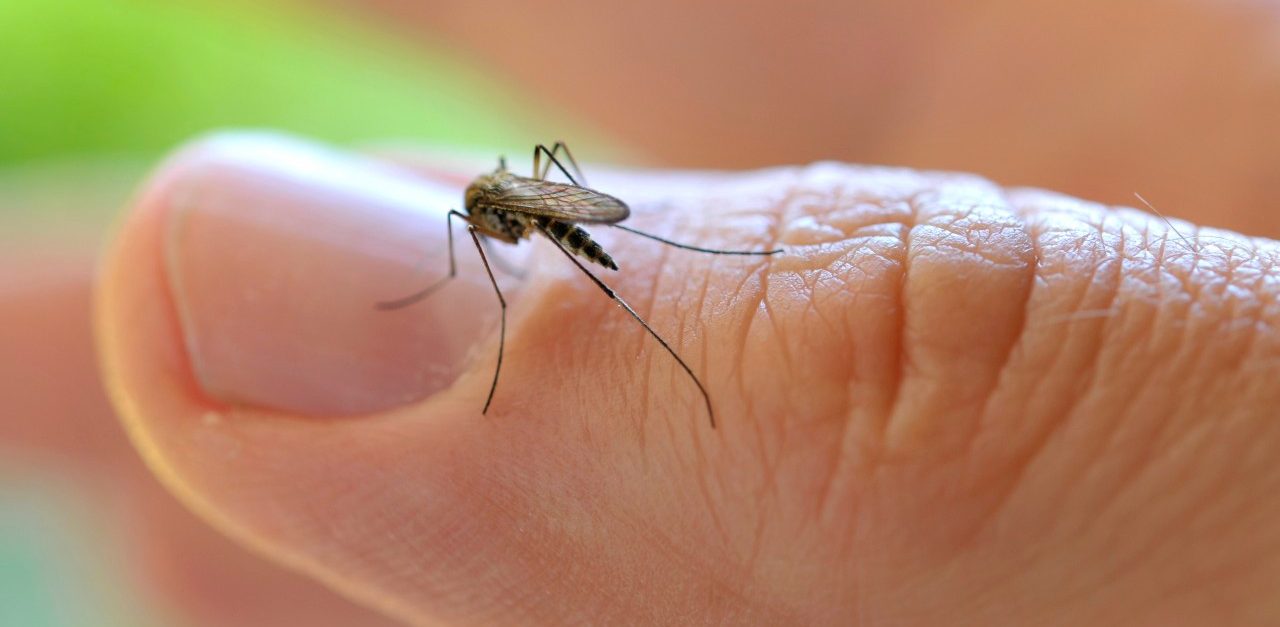Mosquito Bite Allergy

Mosquito bites are an itchy, non-serious annoyance for many. But for some people, a mosquito bite allergy can cause intense swelling and other symptoms.
You may have witnessed people outdoors on a summer day who don’t seem to be bothered much by mosquitoes while other folks, often vigorously scratching their arms and legs, declare they are being “eaten alive” by the blood-sucking insects.
Mosquito bites are never pleasant, but exactly how a person’s body reacts can vary widely, ranging from minor itching to developing a full-blown mosquito bite allergy.
Some people, including children, may not seem to have a reaction to mosquito bites — at least, at first. That’s because most of the time when a person is bitten or stung by an insect, they progress through several responses. Initially, there may be no reaction to the mosquito bite, or a very small one.
YOU MIGHT ALSO LIKE: How to Avoid Bees, Mosquitoes, and Snakes
But if the person has more bites, an immediate immune system response typically causes redness and itching. There can also be what allergists call a delayed response, meaning the immune system causes swelling and discomfort to escalate hours after the initial mosquito bite causes symptoms.
Eventually, some people no longer have the delayed response and, as time goes on, they may not experience an immediate reaction to mosquito bites, either. The result is a loss of sensitivity to mosquito bites over the years, according to the American College of Allergy, Asthma and Immunology (ACAAI).
Most of us, however, always itch a bit from the uncomfortable bites. But some people develop a mosquito bite allergy. They experience worse-than-normal reactions, ranging from localized swelling and pain to the rare but potentially life-threatening condition marked by throat swelling and hives known as anaphylaxis.
Look: You need to know this about mosquito bite allergy symptoms
When a mosquito bites, proteins in its saliva keep blood in the area of the bite from clotting, and these substances also cause localized itching, redness, and swelling. As a result, most people develop small red bumps hours to days after a mosquito bite.
But some experience mosquito bite allergy symptoms caused by a reaction to the proteins in the insect’s saliva. Pronounced swelling, and sometimes bruising or blistering lesions, can occur.
Although uncommon, the ACAAI points out a generalized allergic reaction, often called Skeeter's syndrome, can sometimes cause other mosquito bite symptoms, such as large hives accompanied by fever and joint swelling.
Bottom line? How to treat mosquito bite allergy symptoms
If you or your child has experienced generalized allergic-type reaction to mosquito bites, contact your doctor to be evaluated. Allergy symptoms caused by mosquito bites usually get better in three to 10 days, but your doctor may recommend treatment with antihistamines to reduce symptoms.
Researchers have found that some large areas of swelling and redness caused by allergic reactions to mosquito bites can be mistaken for the serious skin infection known as cellulitis — and vice versa — especially in children. That’s another reason it’s a good idea to have any significant symptoms related to mosquito bites evaluated by your doctor.
Although anaphylaxis is an extremely rare mosquito bite allergy symptom, it is a medical emergency, marked by difficulty breathing, throat swelling, and dizziness or fainting. If these symptoms occur, call 911 without hesitation.
Of course, the best way to avoid mosquito bite allergy symptoms is to avoid mosquitoes. Stay away from areas where mosquitoes tend to be active, especially at dawn and dusk, empty all containers of standing water in your yard where the insects can breed, and use EPA-approved insect repellents like DEET when outdoors.
The Centers for Disease Control and Prevention (CDC) has other helpful guidelines for avoiding mosquito bites on the CDC website. Remember that avoiding mosquitos can help protect you and your family from a host of mosquito-carried diseases, including Zika virus and West Nile virus, while helping you avoid itchy bites and the symptoms of mosquito bite allergy.
Updated:
March 25, 2020
Reviewed By:
Janet O’Dell, RN